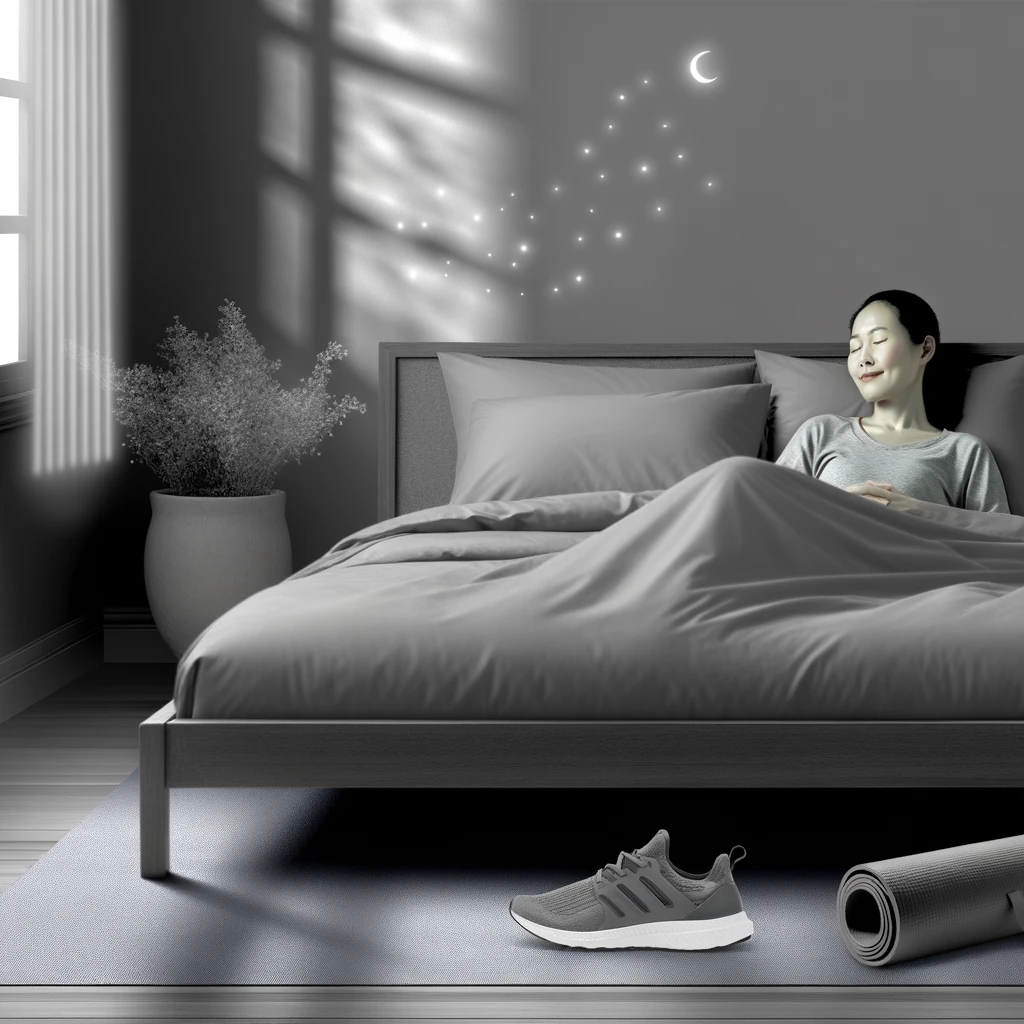Related Articles











In today's fast-paced world, the importance of quality sleep cannot be overstated. It is the foundation upon which much of our health and well-being rests. But what role does exercise play in enhancing our sleep quality? This article delves into the intricate relationship between physical activity and sleep, offering insights and practical advice for leveraging exercise to improve your nightly rest.
Exercise is a potent tool for improving health. It boosts cardiovascular fitness, helps maintain a healthy weight, and reduces the risk of chronic diseases. But its impact on sleep is equally profound. Regular physical activity can help you fall asleep faster and deepen your sleep. It can also reduce the symptoms of insomnia and sleep apnea, providing a natural remedy for sleep-related issues.
Research suggests that exercise triggers an increase in body temperature, and the post-exercise drop in temperature may promote falling asleep. Physical activity also helps regulate the circadian rhythm, the body's internal clock that influences when we feel sleepy or alert. Regular exercise, especially in natural daylight, can help reset this clock, promoting better sleep patterns.
While all forms of exercise can enhance sleep, certain types of activities might be more effective than others. Aerobic exercises, like running, swimming, or cycling, are particularly beneficial for sleep. They help increase slow-wave sleep, the deep sleep phase where the brain and body rejuvenate.
Strength training, or resistance exercises, also contribute to better sleep quality. These exercises help reduce anxiety and depression, common culprits of sleep disturbances. Yoga and tai chi, known for their stress-relieving properties, can also improve sleep by promoting relaxation and reducing stress.
The timing of exercise can also influence sleep quality. While some people find that exercising in the morning or afternoon works best, others may benefit from evening workouts. It's essential to listen to your body and find the timing that suits your sleep schedule.
Regular physical activity can benefit sleep in several ways:
To maximize the sleep benefits of exercise, consider the following tips:
Incorporating exercise into your daily routine is a natural and effective way to enhance sleep quality. By understanding the relationship between physical activity and sleep, you can tailor your exercise habits to improve your rest. Remember, the key is consistency and finding the right balance for your lifestyle.